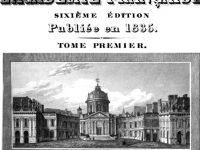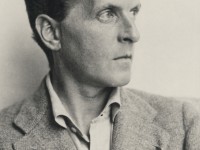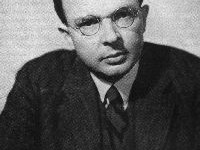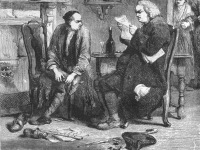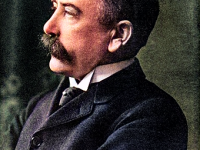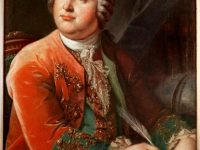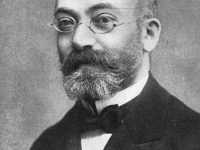Carsten Niebuhr and the Decipherment of Cuneiform
On March 17, 1733, German mathematician, cartographer, and explorer in the service of Denmark, Carsten Niebuhr was born. He is best known for his role in the decipherment of ancient cuneiform inscriptions, which up to Niebuhr‘s publications was considered to be merely decorations and embellishment. »Since Arabia is still so little known to us, I have deemed it necessary to note not only all the villages, but also all the coffee huts…
Read more


